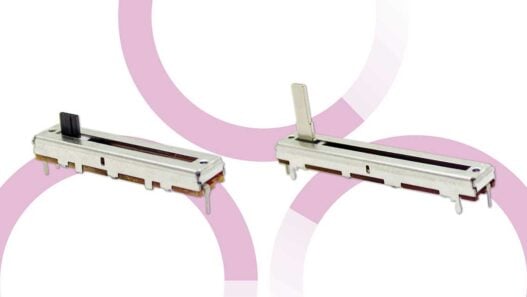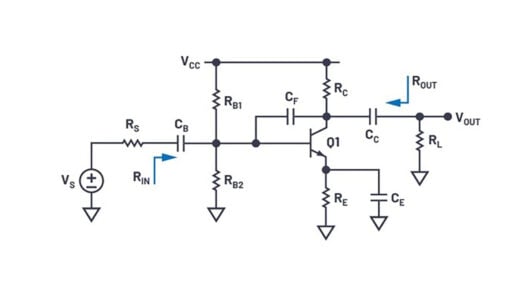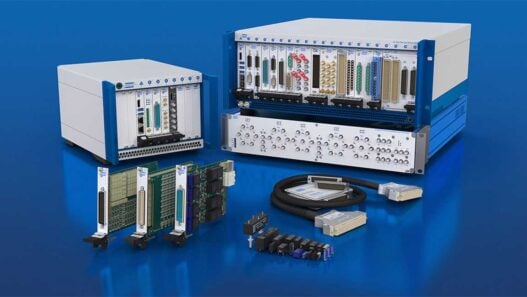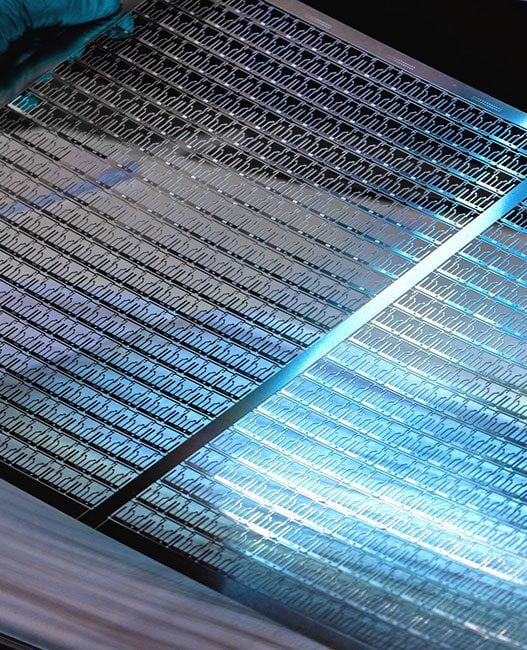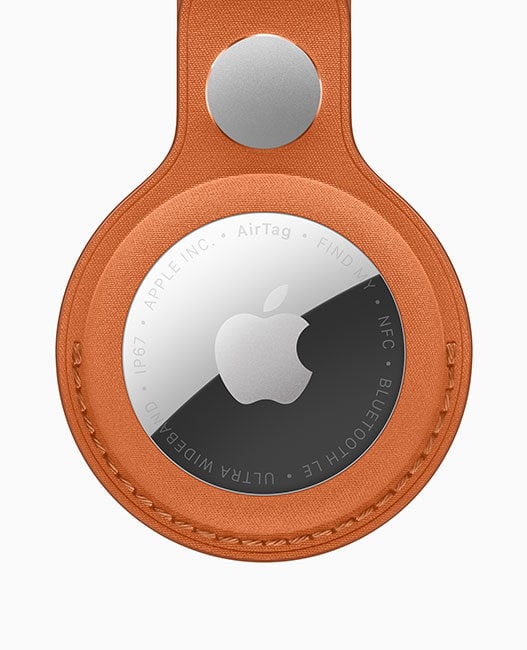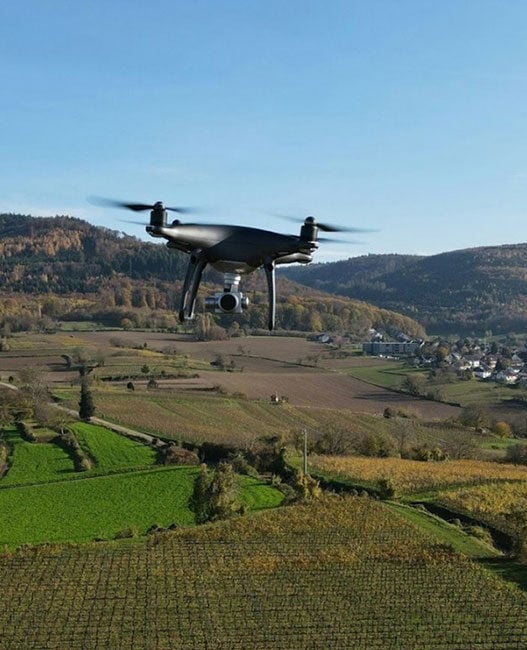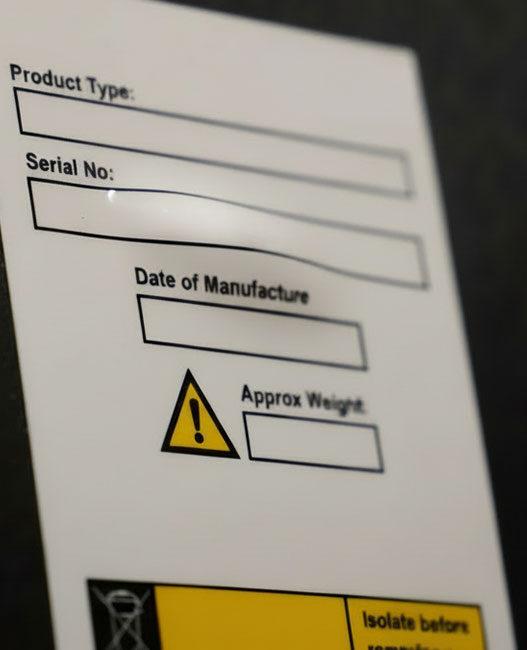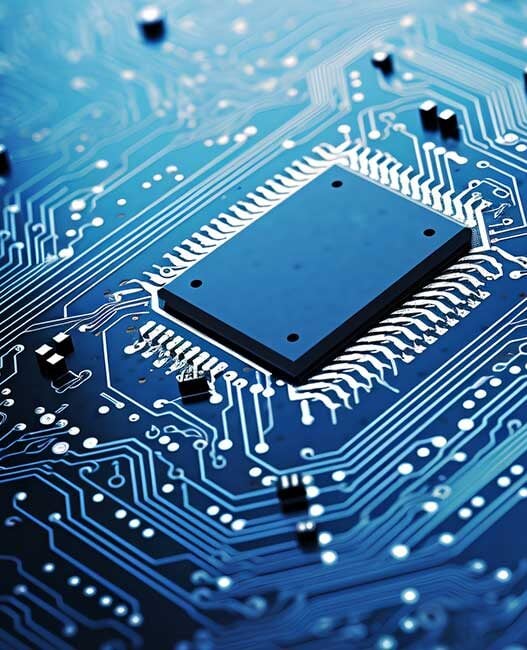Harsh environment
The offshore farm consists of two large fish cages that are placed in the Norwegian Sea outside Troms, in an area where weather and wave conditions are far more demanding than inside the fjords, where traditional farms are located.
Placing the farm offshore reduces its environmental footprint, while providing an opportunity to study if this can provide a healthier environment for the fish. But the harsh climate also means stricter safety requirements are required. ABB will be responsible for designing the monitoring and control systems that will make it possible to operate the plant safely. This means, among other things, that there are back-up solutions, or redundancy, in critical systems such as energy supply and communication.
The solution is a part of ABB Ability, the company’s unified, cross-industry digital offering – extending from device to edge to cloud – with devices, systems, solutions, services and a platform that enable our customers to know more, do more, do better, together.
High demands for stability
Pontoons over and under the fish pens will keep the pens in place in two different positions. In the service position, the facility is lifted to allow access to the equipment. In the normal operating position, the roof of the cages will lie 10m below the sea surface. This will result in reduced lice impact, while at the same time lowering the risk of escape.
In ballasting and de-ballasting (raising and lowering), the fish pens will be partially submerged.
Among the most critical systems are the pontoon ballast water systems, designed to ensure that the pens are stable. ABB will deliver the control system with sensors, monitoring, automation and interfaces for the remote control of the pumps. The harsh climate in the Norwegian Sea presents challenges with fouling and icing, which will cause time-varying weight changes challenging the constructions ballast system supplied by ABB.
Extensive data collection
The system also collects environmental data including as meteorological conditions, ocean currents, oxygen level and sea temperature. It also monitors the pH at different depths and the amount of biomass in the cages, amongst others.
“One purpose of awarding a development license is to find solutions to some of the challenges the industry has today so that it can continue to grow in a sustainable way. The pens will be unmanned and operate in submerged operation. The fish pens are remotely controlled from a feed barge that lies about 400m from the pens. Technically, the fish farm can just as easily be managed from a control room on land,” said Lars Wasa Andersen, Sales Specialist (Aquaculture) at ABB.
ABB is working to be the most valuable partner within electrical, instrument, automation and telecom systems for aquaculture customers to help improve efficiency, environmental impact and productivity across the value chain, including enabling new solutions for fish farming offshore and onshore. Fish welfare, traceability and food safety are key focus areas of ABB’s support.
“The contract fits perfect with ABB’s vision regarding aquaculture. With this project, ABB is entering as a supplier to the future offshore fish farms, which places new demands on both safe operation and technical solutions. ABB has total responsibility for technical solution within several disciplines,” said Steffen Waal, Country Manager of ABB Norway.
The entire solution will be in place by the end of Q3 2020.



